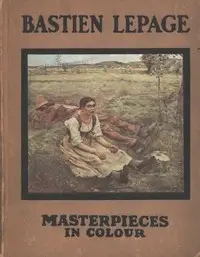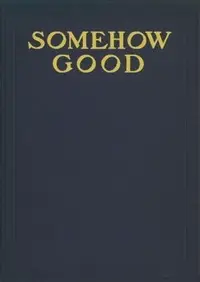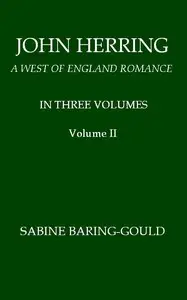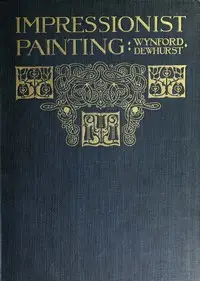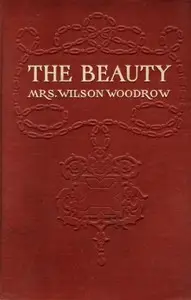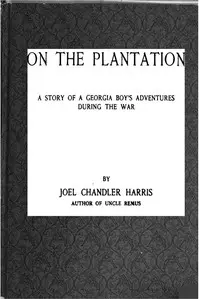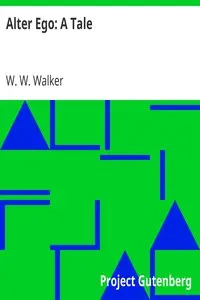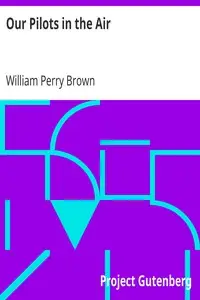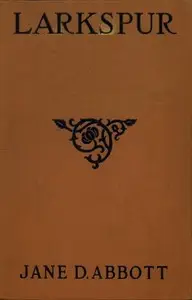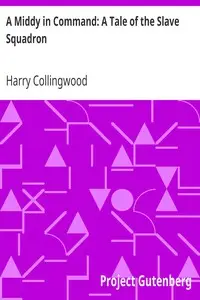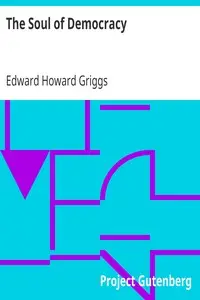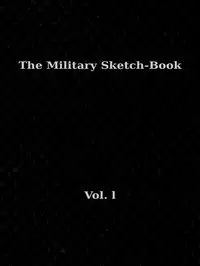"Chemical Warfare" by Amos A. Fries and Clarence J. West is a scientific publication written in the early 20th century. This work discusses the development and implementation of chemical weapons during World War I, highlighting the historical significance of chemical warfare and its impact on modern military strategy. The authors, key figures within the Chemical Warfare Service of the U.S. Army, aim to provide a comprehensive understanding of chemical warfare techniques, the agents used, and the advances made in protective measures. The opening of the text sets the stage for a detailed examination of the topic by emphasizing the need for an authoritative account of chemical warfare, particularly in light of its rapid evolution during the war. The preface outlines the motivation behind the book, highlighting the authors’ patriotic duty and the necessity for accurate information to serve various military branches and civilian chemists. It also addresses the historical context of poison gases, starting from earlier conflicts, such as ancient wars, and leads into the first uses of gas in World War I, commencing with the German attacks at Ypres. This introduction positions the reader to explore the in-depth chapters that follow, which will further dissect the chemistry, application, and consequences of chemical weapons in warfare. (This is an automatically generated summary.)
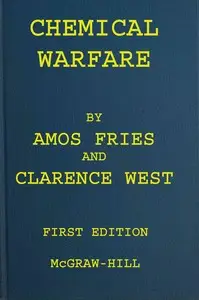
Chemical warfare
By Amos A. (Amos Alfred) Fries
"Chemical Warfare" by Amos A. Fries and Clarence J. West is a scientific publication written in the early 20th century. This work discusses the develo...
Genres
Released
2023-10-22
Formats
epub
mobi (images)
epub3 (images)
epub (images)
Free Download
Overview
About the Author
Amos Alfred Fries was a general in the United States Army and 1898 graduate of the United States Military Academy. Fries was the second chief of the army's Chemical Warfare Service, established during World War I. Fries served under John J. Pershing in the Philippines and oversaw the construction of the roads and bridges in Yellowstone National Park. He eventually became an important commander in World War I. After he retired from the Army in 1929, Fries wrote two anti-communist books. He died in 1963 and is buried in Arlington National Cemetery.
Total Reviews
10.0k
Total reviews from Goodreads may change


